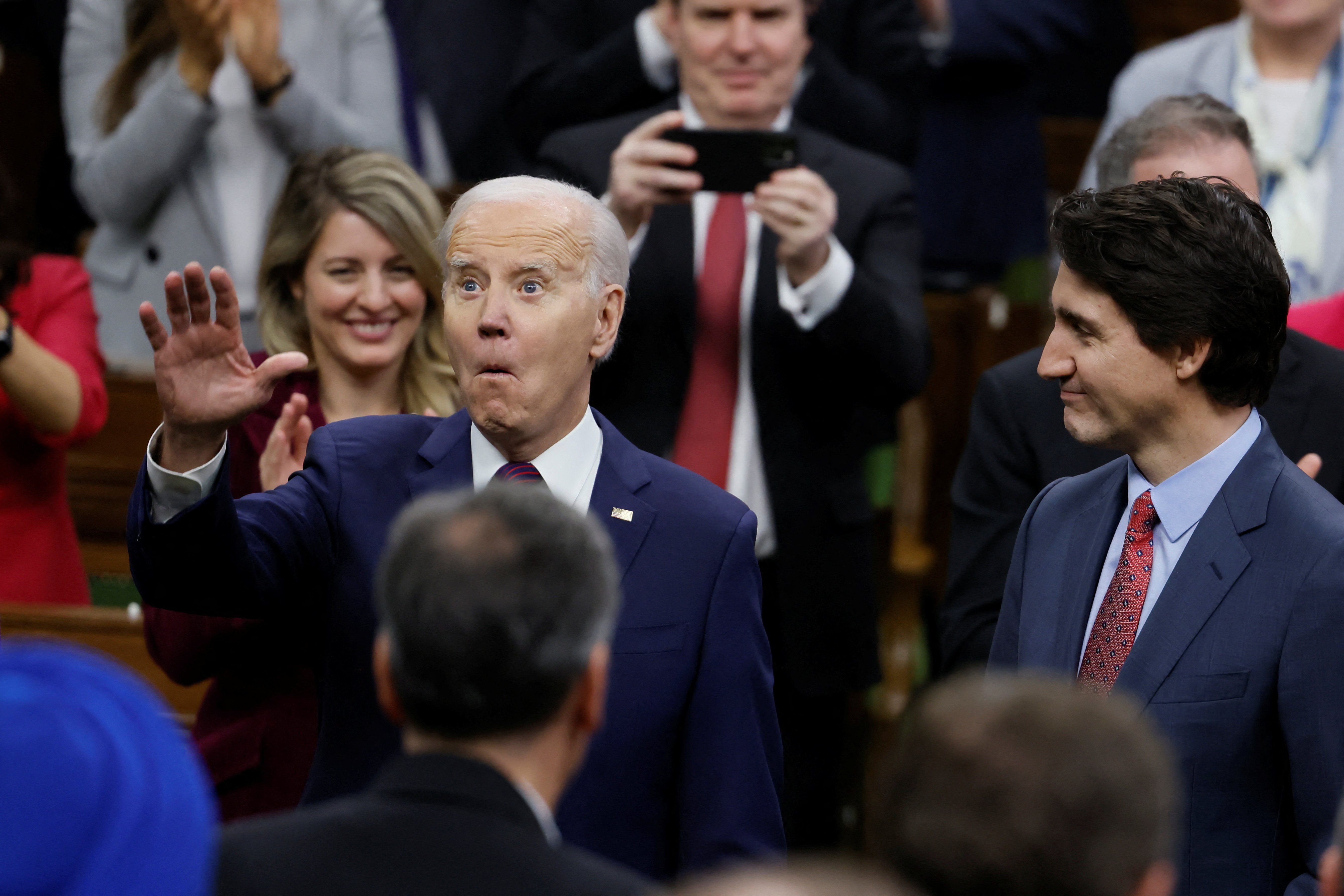After an unsuccessful effort to kill two birds with one stone, President Joe Biden is stoneless and dead-birdless.
To sweeten his request for more aid for Ukraine and Israel, Biden included a request for more funding for security at the Mexico border to appeal to Republicans, who are increasingly reluctant to fund the war in Ukraine and incensed about migrants.
But in tying foreign policy and border security together, Biden opened himself up to demands from the GOP for more consequential changes to his immigration policy. Republicans blocked Biden’s emergency spending bill to provide $50 billion to Ukraine and $14 billion to Israel, demanding the White House impose policies that would make most migrants ineligible for asylum and require them to wait in Mexico until their case is processed.
Biden also opened himself up to backlash from his side of the aisle. Immigration is a divisive and politically vulnerable issue for Democrats heading into 2024. Those on the left feel like Biden used migrants as a bargaining chip, while moderates fear that he has put Israel and Ukraine at risk by including immigration policy in the bill.
The spending fight comes on the heels of Texas enacting a harsh immigration law that would allow the state to take control of border security, a power constitutionally given to the federal government, adding to the appearance that Biden does not have control over his immigration policy.
Across the border, Canada’s PM Justin Trudeau can relate to the perils of linking immigration to other issues. Although Canada is far more welcoming to migrants than the US, support for the statement “there’s too much immigration to Canada,” has jumped 17% over the last year because immigration is being conflated with the housing crisis.
Trudeau’s plan to welcome 500,000 permanent residents each year by 2025 is also under fire from both sides of the aisle, with 67% percent of Canadians polled believing the figure is too high. Those on the right blame migrants for overburdened services and lack of housing, while the left criticizes the lack of funding to adequately support migrants.
In the US, immigration has always been a politically contentious issue, but it's looking like it could be a serious vulnerability for Biden ahead of 2024, especially if his foreign policy agenda is stalled because of it. Meanwhile, immigration is a newly divisive issue for Canada but is shaping up to be a key issue for the 2025 election.
